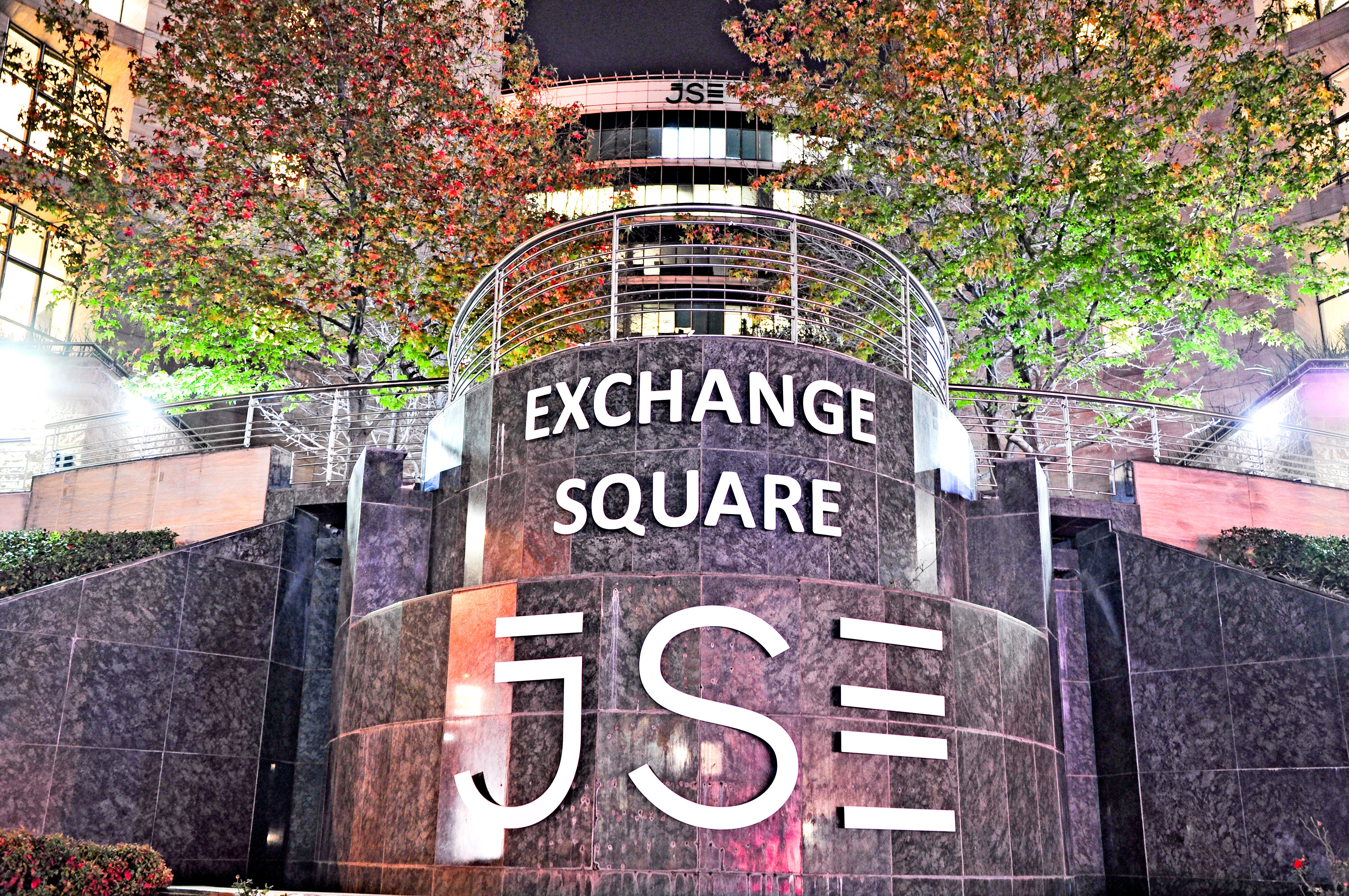Johannesburg, 03 December 2020: Governance, good regulation and the availability of market data and trading information play fundamental roles in the investment decision making of African fund managers when investing into African capital markets. This is according to a recent survey of 50 African asset-managers on the continent. The survey was conducted by the African Exchanges Linkage Project (AELP) commercial working group. The AELP is a joint initiative by the African Securities Exchanges Association (ASEA) and the African Development Bank to unlock Pan-African investment flows, promote innovations that support diversification for investors, and address depth and liquidity in Africa’s capital markets.
Nine out of ten of the fund managers surveyed consider market regulation (91%) and the availability of market data and prices (90%) as key factors in driving their investment flows into the continent.
The survey evaluates the appeal of different investment markets in the AELP, which brings together seven leading African securities exchanges to boost trading, investment and information links. AELP is in the process of developing a platform that will link stockbrokers, so that a broker on one exchange can send investors’ orders to an executing broker on another exchange for execution.
“Optimally functioning African capital markets are crucial in driving investment flows into the continent. The results of the survey reveal that what investors are looking for and what the AELP aims to achieve by promoting African economic integration and the free movement of capital are aligned. This is positive for growing investment throughout our continent,” says Dr. Edoh Kossi Amenounvé, President of ASEA.
“The insights drawn from this survey demonstrate the importance of the work done by the AELP. With the right infrastructure in place, African fund managers will be able to actively drive investment flows into the continent,” says Anne Clayton, Head of Group Public Policy at the JSE.
Other top criteria that help fund managers choose where to invest are: price levels for dealing, efficiency of execution and commission (86%), the quality of companies and investment opportunities (also 86%), corporate, social and governance criteria (84%) and availability of research (80%). Three quarters of investors said they were reluctant to invest in small and illiquid markets or where valuations are excessive. Only half decide to invest in a company based on its dividend policy, while valuation and governance are the top factors considered by fund managers.
Asset managers in Nigeria and the francophone West African countries are the most optimistic about prospects for Africa’s economies. In the AELP poll, some 97% of the surveyed Nigerian asset managers are optimistic about the continent, with average assets of $364 million under management, followed by 85% of surveyed francophone asset managers, who averaged $416 million of assets managed. The average across all the respondents, including a few South African managers, was $4.1 billion in assets under management.
Optimism is also strong among asset managers surveyed in Mauritius (80%), Morocco (73%), Nairobi and Egypt (each with 65% of their responses being optimistic). Nearly half (46%) of respondents manage assets with investment horizons over five years, another 23% for three to five years.
The stock exchanges that form part of the AELP initiative include: Bourse Régionale des Valeurs Mobilières (BRVM, integrating eight West African countries), Casablanca Stock Exchange, The Egyptian Exchange, Johannesburg Stock Exchange, Nairobi Securities Exchange, The Nigerian Stock Exchange and Stock Exchange of Mauritius.
Cross-border trading between the seven markets totaled $1.1 billion in 2019, and was at over $500 million in the first quarter of 2020, according to the participating markets. The “African Listed Securities” assets across these exchanges offers equities investments in more than 1,050 companies, including Africa’s most promising, profitable companies and global leaders. Investors will also be able to buy or sell bonds, exchange-traded funds (ETFs) and derivatives if they are listed on the participating Exchanges.
/ENDS/
ABOUT THE JSE
The Johannesburg Stock Exchange (JSE) has a well-established history operating as a market place for trading financial products. It is a pioneering, globally connected exchange group that enables inclusive economic growth through trusted, world class, socially responsible products, and services for the investor of the future. It offers secure and efficient primary and secondary capital markets across a diverse range of securities, spanning equities, derivatives, and debt markets. It prides itself as being the market of choice for local and international investors looking to gain exposure to leading capital markets on the African continent. The JSE is currently ranked in the Top 20 largest stock exchanges in the world by market capitalisation, and is the largest stock exchange in Africa, having been in operation for over 130 years.
As a leading global exchange, the JSE co-creates, unlocks value & makes real connections happen.
About ASEA
The African Securities Exchanges Association (www.african-exchanges.org) is the Premier Association of the 25 securities exchanges in Africa who have come together with the aim of developing Member Exchanges and providing a platform for networking. ASEA was established in 1993 and works closely with its Members to unlock the potential of the African Capital Markets.
For more information on the African Exchanges Linkage Project, see https://african-exchanges.org/en/programs or contact [email protected] or call +44 7768 318738 (temporary tel/WhatsApp).
JSE contacts:
Paballo Makhetha
Communication Specialist
Tel: 011 520 7331
Mobile: 072 419 4610
Email: [email protected]

